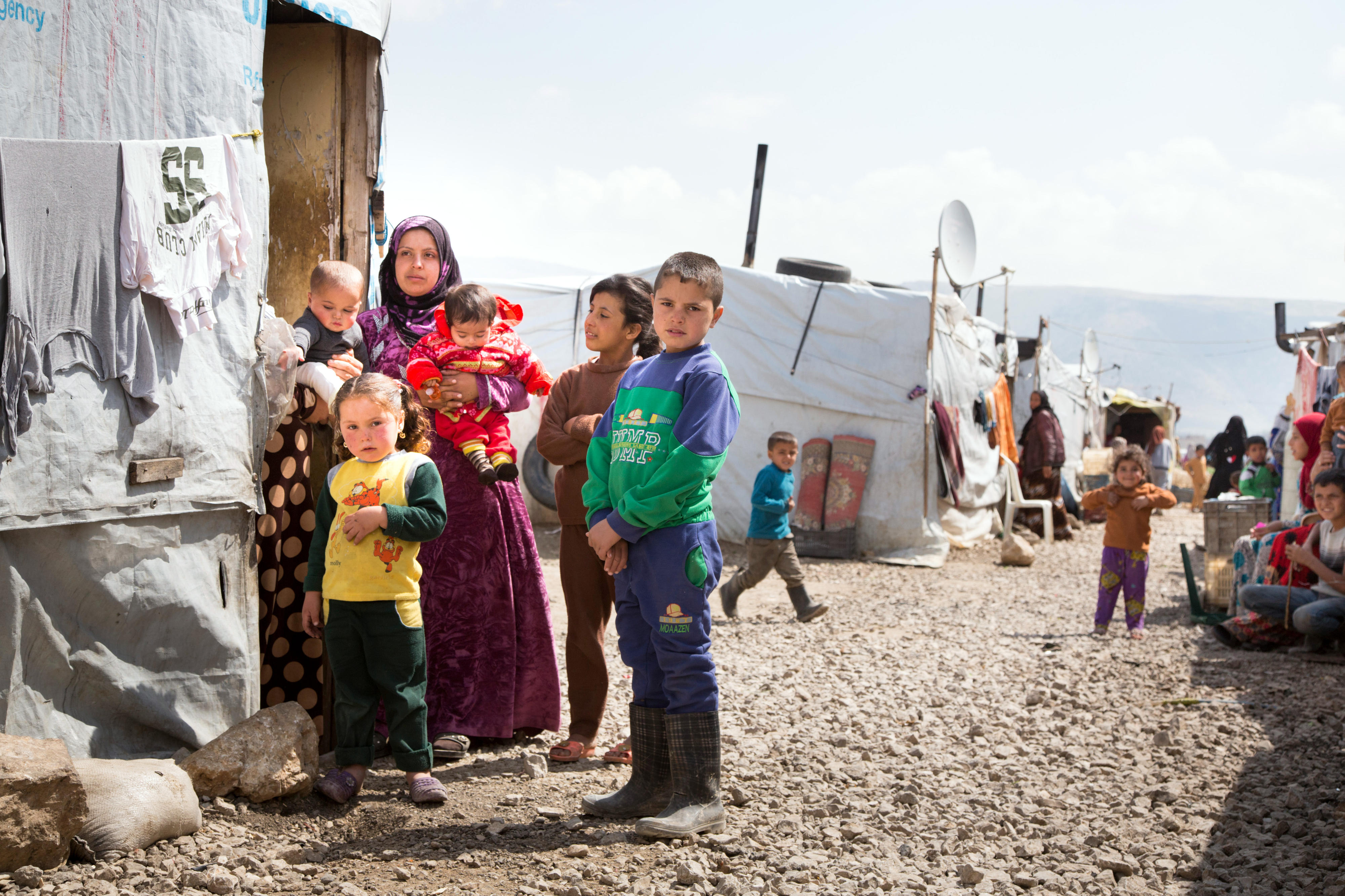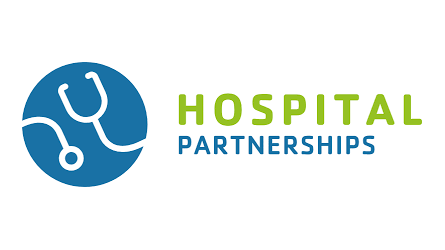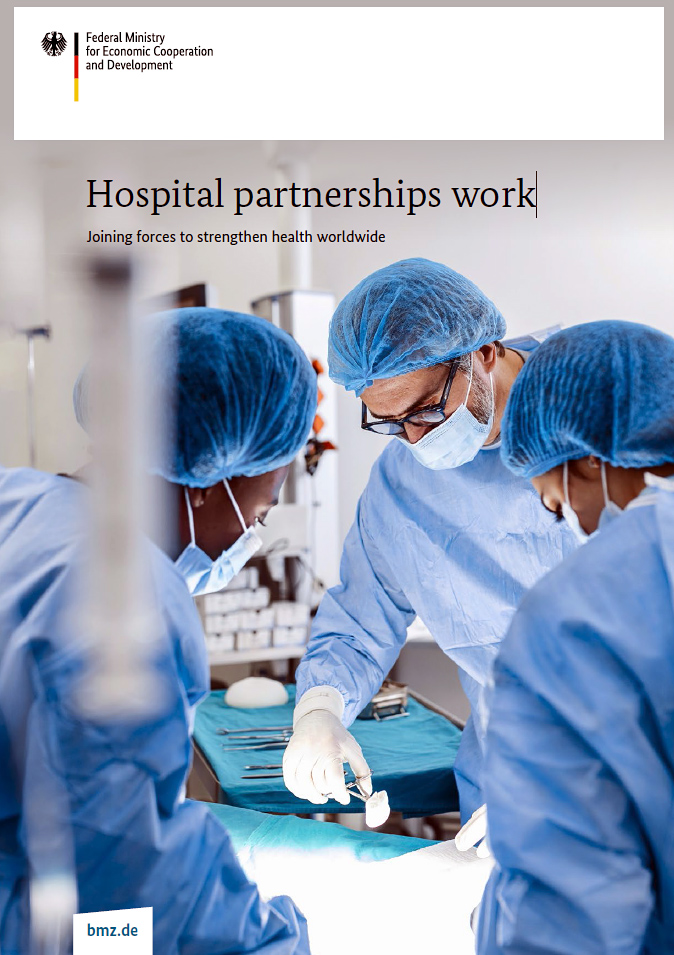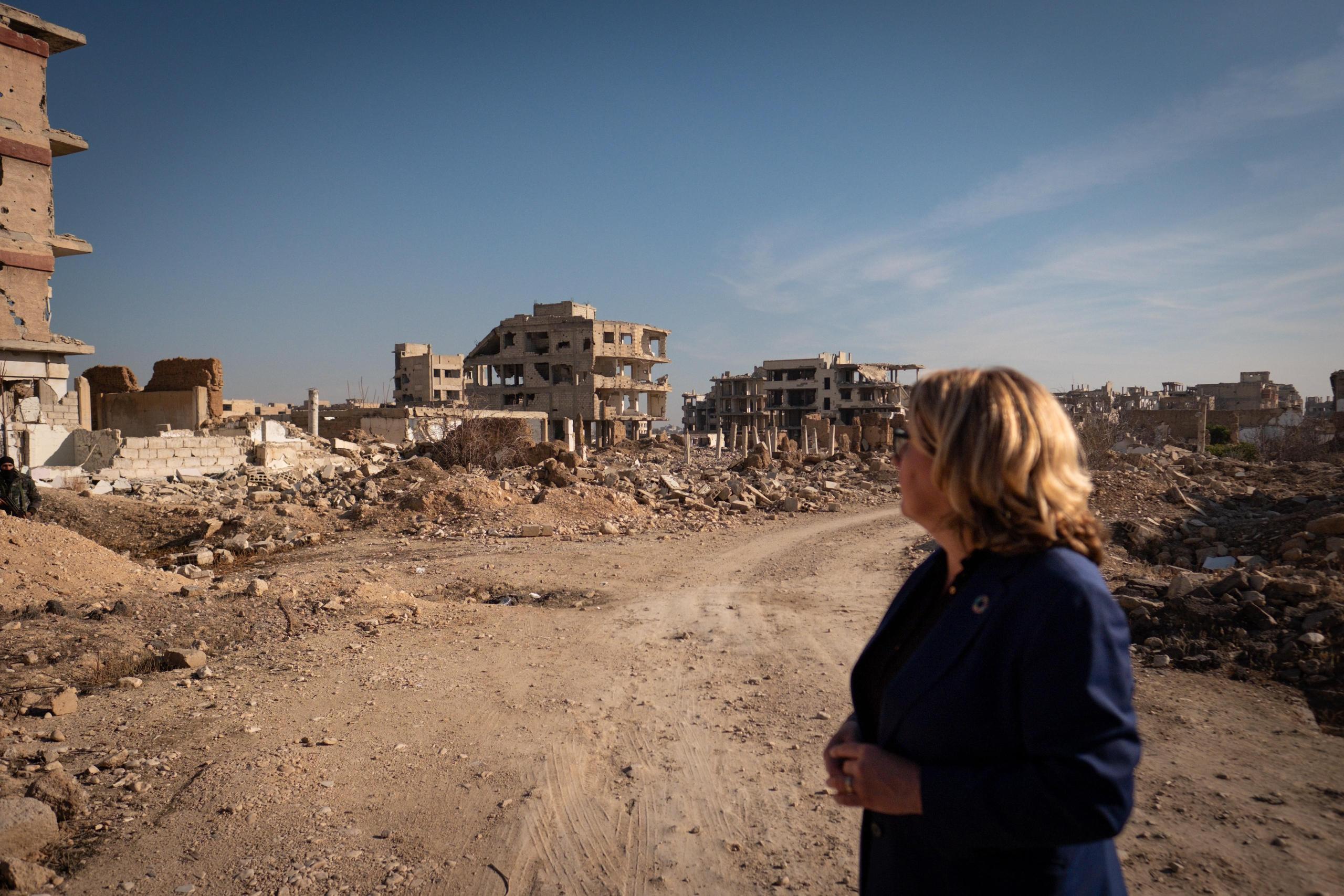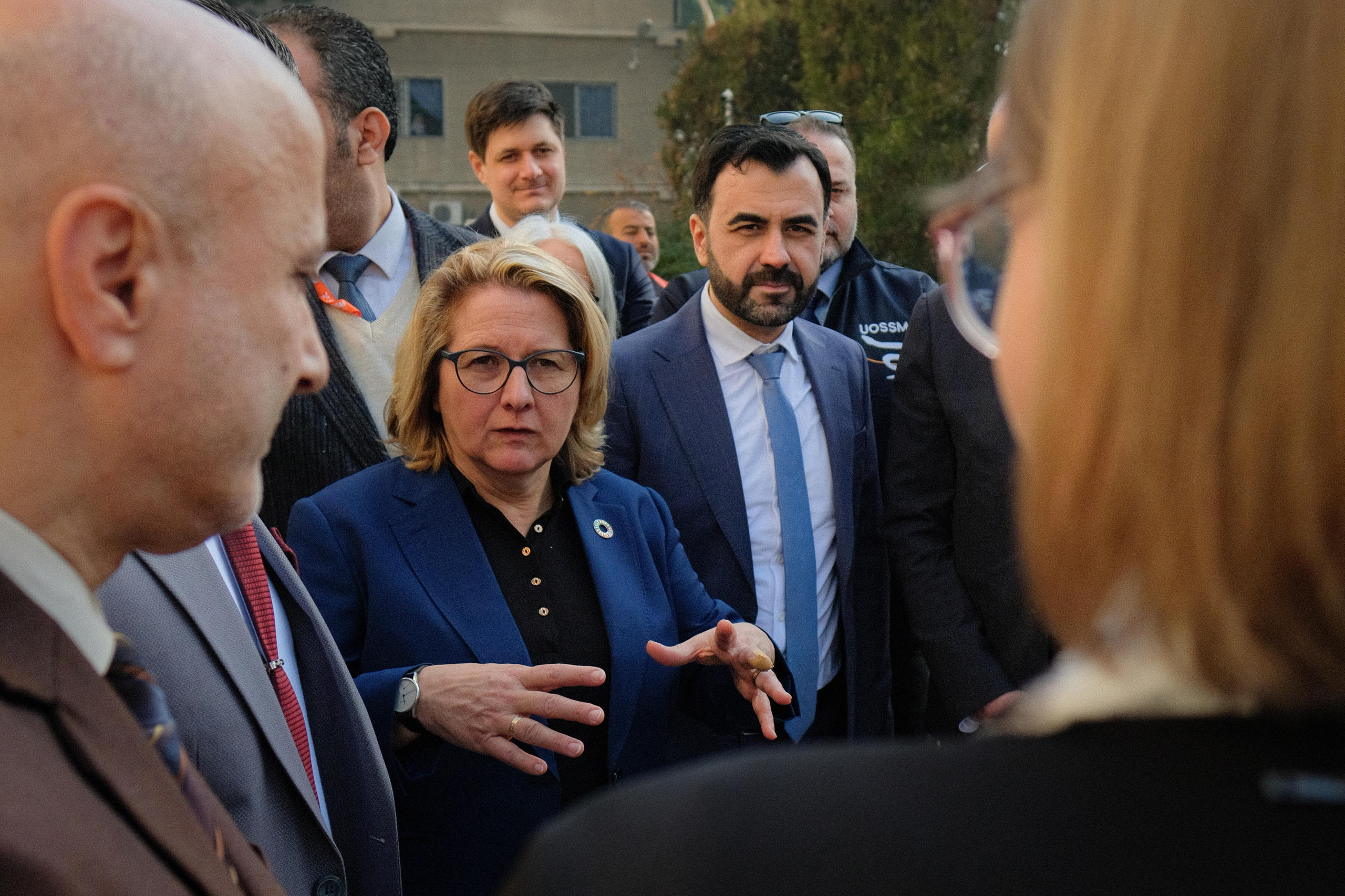Meeting in Berlin Over 300 German and Syrian doctors launch hospital partnerships between Syria and Germany
Development Minister Svenja Schulze said, “After 14 years of brutal civil war, Syria's health system is in a state of collapse. One in three hospitals have been destroyed. During my visit to Damascus in mid-January, I saw a hospital and realised how great the need is. There is a shortage of trained staff and medical equipment. The country will only be able to become a safe place for all Syrians once healthcare has been restored, the economy has started to pick up again and people have food, electricity and incomes. The Syrian diaspora in Germany can make a big difference. Many people are extremely motivated to assist with the new beginning in Syria. We have as many as 6,000 doctors in Germany who are Syrian nationals. At the same time, Germany has an interest in retaining them because our own health system needs them, too. With the launch of these German-Syrian hospital partnerships, we want to make both things possible. We want those living in Germany to be able to support initiatives in Syria.”
During her visit to Damascus in mid-January, Development Minister Schulze had seen the vast needs in the field of basic healthcare. So she mobilised support. The budget committee of the German Parliament released 15 million euros for Syrian-German hospital partnerships. The partnerships will enable doctors from Germany to visit Syria to conduct medical training or to train their Syrian colleagues in using new equipment. The people who have been trained can then pass on their knowledge in Syrian hospitals, thus magnifying impact.
In order to prepare these partnerships, aid agencies and medical personnel have come together today – from general practice to trauma surgery, gynaecology and emergency medicine all the way to orthopaedics. The specialists will network and join forces, and try to match their skills with needs in Syria. The idea is to launch specific partnerships between German and Syrian health facilities and associations. Following today's initial meeting, the experts will finalise their project proposals. On behalf of the BMZ, GIZ is operating a programme entitled “Hospital Partnerships – Partners Strengthen Health”. Through that programme, GIZ assists stakeholders in drafting their proposals and provides some financial support to the partnerships. This includes the cost of training, visits to partner hospitals in Syria, and the procurement of medical equipment and medicines. Maximum support for each partnership is 500,000 euros for a period of three years. The partnerships are to cover all parts of Syria and benefit all population groups, including ethnic and religious minorities and women and children.
At present, the Hospital Partnerships programme supports partnerships in 52 countries, with German university hospitals, specialised and regional hospitals, non-governmental organisations and associations working with hospitals all over the world to provide training and exchange knowledge. This not only benefits international partners but also German doctors and hospitals, as it enables them, for example, to acquire specialised knowledge on specific diseases which might also reach Germany, and to learn about global health crisis preparedness and response.
